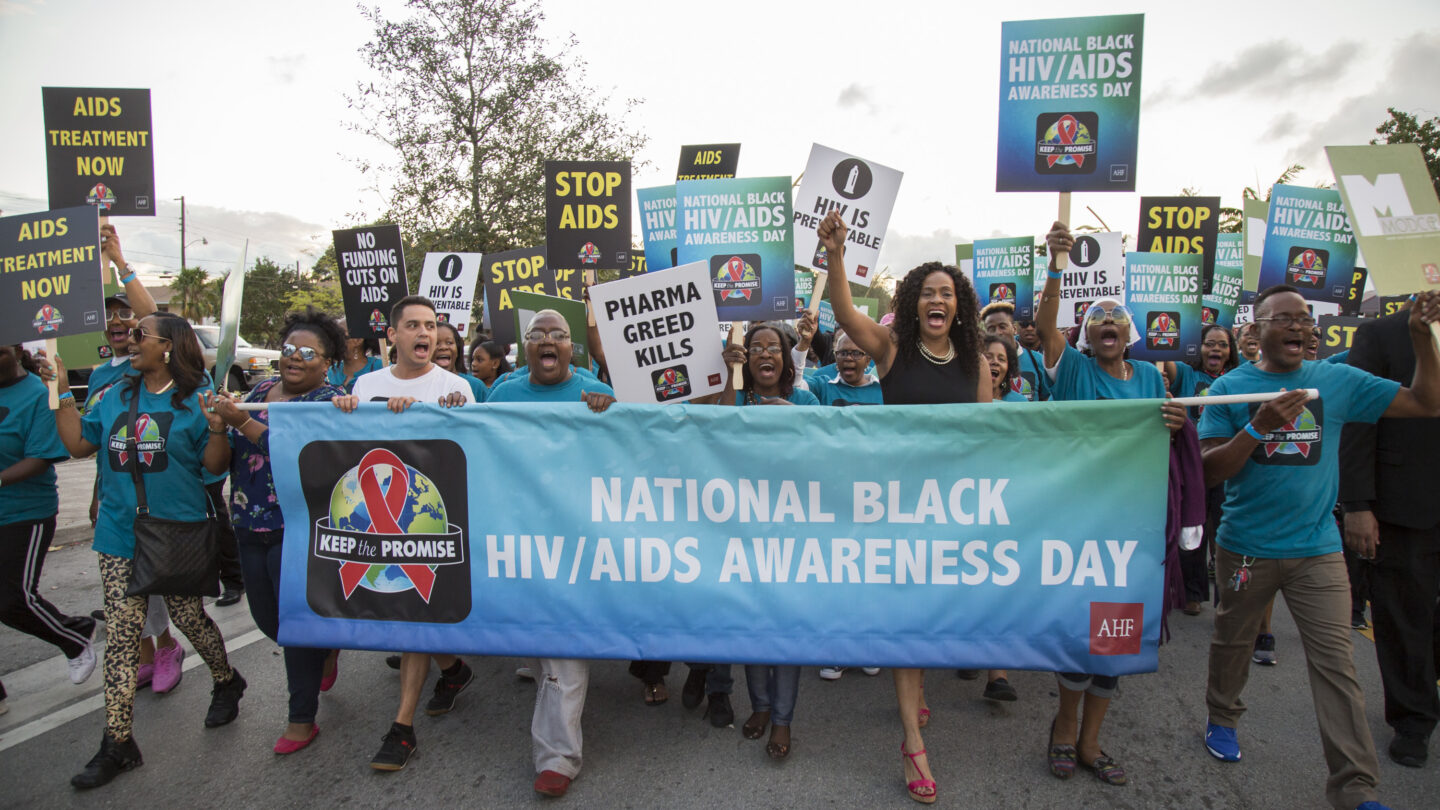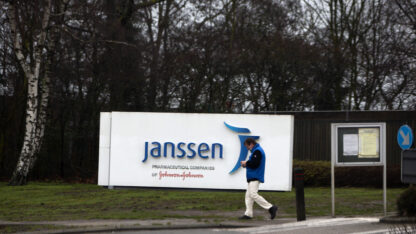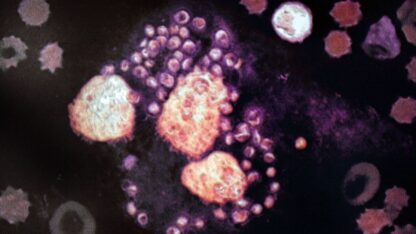Racism, stigma, homophobia, poverty and barriers to healthcare exacerbated by the COVID-19 pandemic — those are all issues that public health officials continue to tackle this National Black HIV/AIDS Awareness Day, which is recognized every Feb. 7.
Black people in Georgia are significantly more likely to be diagnosed with HIV/AIDS than other races and ethnicities.
But the Centers for Disease Control and Prevention also cautions the pandemic has had a major impact on case surveillance — as well as access to HIV testing and care-related services. For that reason, the current data should be “interpreted with caution.”
Emory University Rollins School of Public Health professor Dr. Patrick Sullivan joined WABE’s “Morning Edition” to discuss those disparities and where the data stands.
Sullivan is also one of the leads on a new national HIV self-testing program called “Together Take Me Home.” Sullivan says that the CDC program implemented by Emory will make self-tests able to be mailed to people’s homes. It’s set to launch later this year.








